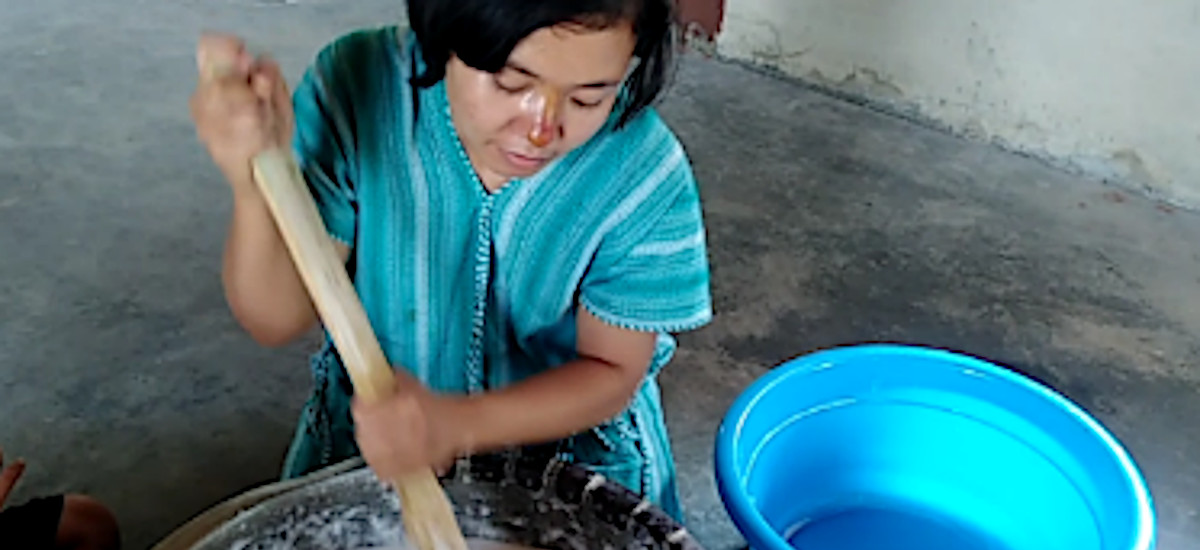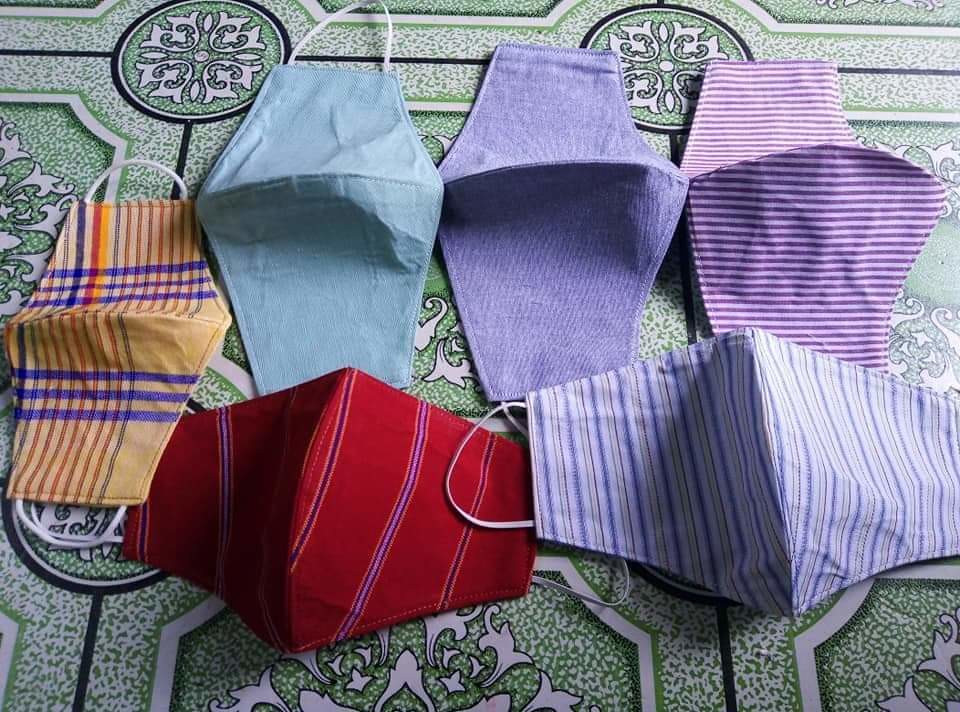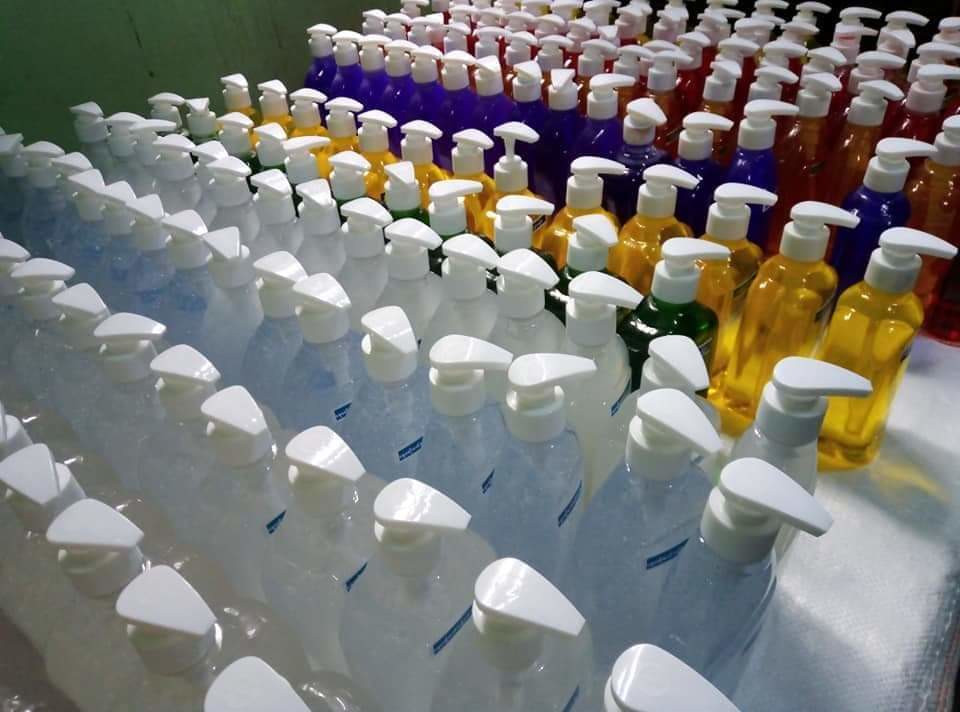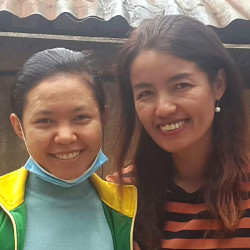
The Covid-19 pandemic has disrupted the normal routine of our lives, including our work at Jesuit Refugee Service (JRS) in Kayah State, Myanmar. Our JRS team has developed a contingency plan to ensure that our programmes are implemented regardless of how the Covid-19 situation develops. Part of this plan is adapting our service delivery modes to safeguard the health of our staff and the people we seek to serve and accompany.
Like many organisations, we have shifted from face-to-face meetings/trainings to online sessions. In places where there is limited or no Internet connectivity, such as in conflict-affected remote communities, we provide print materials for teachers and students to continue their learning, with reduced number of participants and days for in-person trainings. JRS and local partner staff integrate in their teaching and learning materials key messages of Covid-19, including safety and hygiene promotion strategies, such as the use of hand sanitisers, cloth masks, soaps, and water buckets, as well as psychosocial support.
The first Covid-19 case was confirmed in Myanmar on 23 March. Since February, the costs of surgical masks, infrared thermometers, and hand sanitisers have gone up so high while the supplies have been low. Not finding the quantity we needed for these items in the local market, we discussed with local partner organisations, Zetaman and SehTeh Education and Development Foundation (STEDF), a proposal to provide each of them a mixer machine and teach them the technique for making soap and hand sanitisers, which we would then buy from them to distribute to the people we serve.


We started producing small batches of liquid soap and hand sanitisers to test for quality. After testing successfully, we taught the staff of STEDF the steps in making the products and the correct way of pricing them, taking into account their investment in raw materials and labour. Since the team from Zetaman had prior knowledge in making liquid soap, hand sanitisers, and three-layer cloth masks, the JRS team provided them with advice on how to improve the quality of their products. To help them source raw materials and plastic containers at a cheaper price, we linked up the two organisations with wholesale suppliers in Yangon and Taunggyi.
From May to June, JRS bought 940 pieces of cloth masks and more than 200 bottles of one-litre liquid soap from Zetaman, and more than 200 bottles of 500-ml hand sanitisers from STEDF, which were distributed to about 50 schools in Shadaw and Mawchi area in Kayah State through our partners.
Both organisations continue to produce and sell good quality products at reasonable prices. From their efforts, they have received some income. Although we experienced certain challenges during the process, for instance, it took time to order raw materials and plastic containers as there were restrictions on buses from March to May, we believe that producing hygiene materials locally is important in this pandemic period. The project has been a significant experience in helping address our current health, social, and economic challenges. We are grateful for the fruitful results of our teamwork and discussion with local partners.
 Stella Htetel, JRS Myanmar Education and Training Officer, and Rosalyn, JRS Myanmar Country Director
Stella Htetel, JRS Myanmar Education and Training Officer, and Rosalyn, JRS Myanmar Country Director

